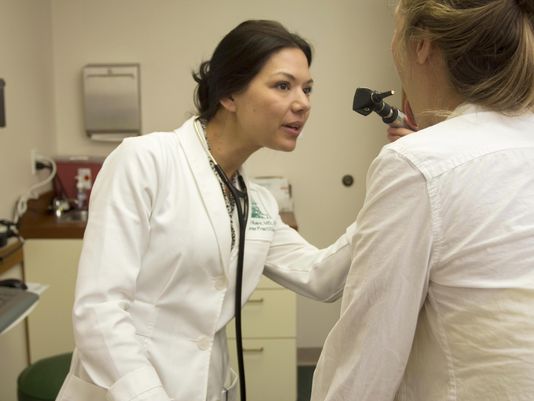After the passing of comedic actress Joan Rivers, many people became aware of two conditions that are not often talked about, vocal cord dysfunction and laryngospasms. As you might have guessed, they are both associated with the larynx and vocal cords, which are often bypassed during an upper intestinal endoscopy. Our registered nurses know that many gastroenterologists order such tests when they suspect that a patient may be suffering from acid reflux, esophagitis and upper intestinal ulcers.
Unfortunately, the tests may exacerbate the symptoms commonly associated with vocal cord dysfunction and laryngospasms. Consequently, that has the potential to cause patients to experience anxiety, labored respiration, vomiting and other health issues. Therefore, preventive measures must be taken before, during and after upper intestinal endoscopies to help mitigate that risk.
For example, anyone slated to undergo an upper intestinal endoscopy is asked to stop taking certain medications as well as refrain from enjoying food and drink for a set period of time. The purpose of those requests is to accomplish several things. They include clearing the way for the endoscope, reducing the risk of emesis, lowering the chances of a negative drug interaction and decreasing the potential for internal bleeding. Patients may also be encouraged to practice relaxation techniques to help fend off pre-procedure anxiety attacks.
During the upper intestinal endoscopy, care is taken to ensure that people with a history of vocal cord dysfunction and laryngospasms are anesthetized or sedated accordingly. In doing so, the risk of spasms, airway obstruction, tears and other problematic issues occurring during the test will be minimal. After the test, the patients are frequently monitored for signs of chest pains, respiratory distress, emesis, uncontrollable coughing and other problems. To learn more about upper intestinal endoscopy and how it may impact a person with comorbidities like the ones that we discussed today, please contact our registered nurses.



